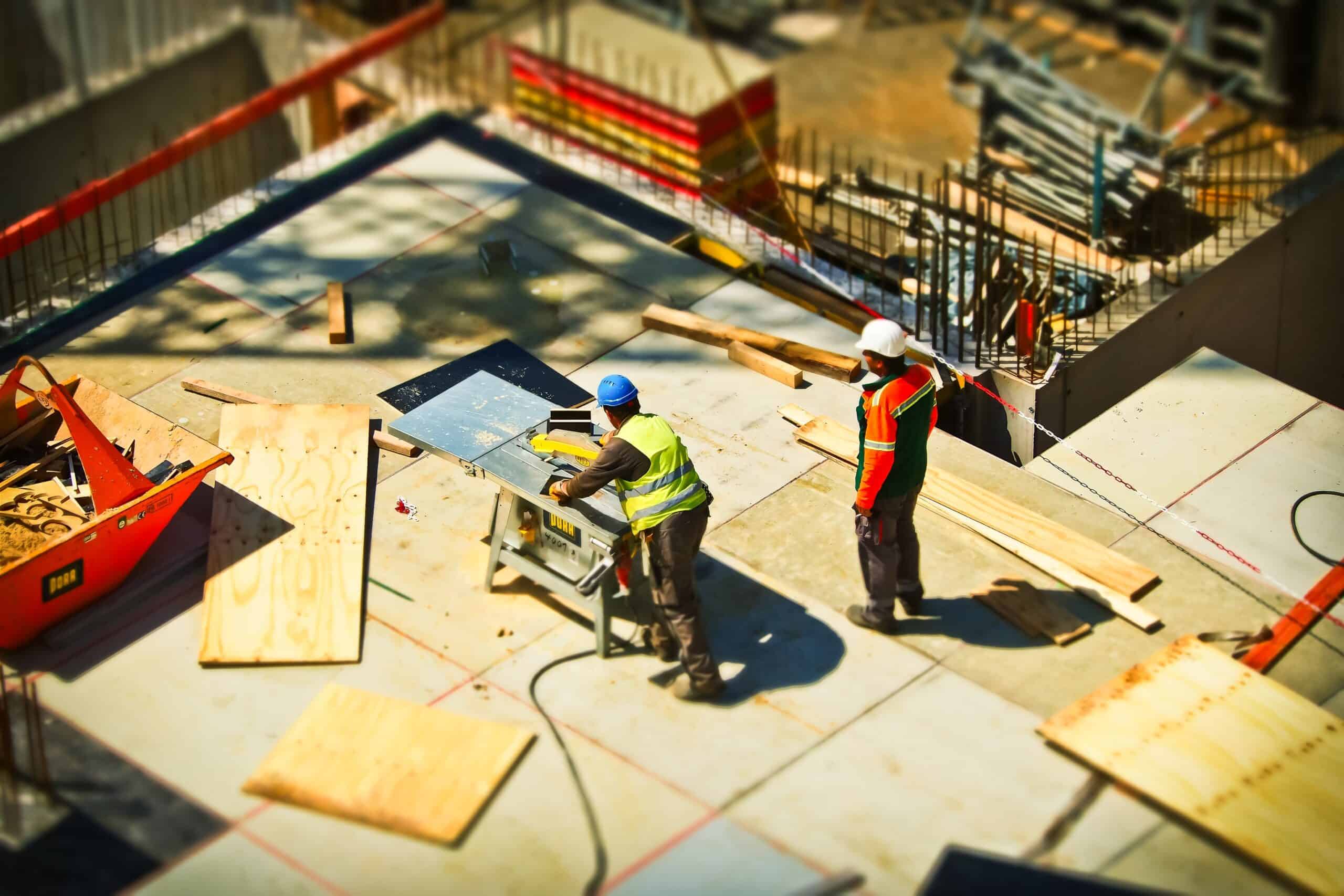Of all the nonsense that pops up on local social media chatter pages, one of the most dependable appears every time someone intends to convert open land into some kind of development.
An announcement that the town’s (or county’s) plan commission will meet to discuss the proposed project appears … and current residents instantly lose their minds. “Our town already has too many homes and not enough restaurants! All those politicians care about is getting more people and money! Where will all the foxes and deer go? How will we eat if we eliminate farmland?” You’ve probably seen hundreds of comments like these.
But the comment that always makes me crazy is the inevitable “Why is the town (or county) pushing this project?”
When a plan commission hearing is scheduled, it’s not because the municipality is “pushing” anything. They’re simply following the process the law requires them to use whenever someone wants to develop land. The town officials may be just as unhappy with the proposed project as you are. If you wanted to develop a parcel you owned, you’d have to go through all the same steps. Put another way: every project goes through this process.
The potential developer submits an application with a substantial amount of detail. Typically, the municipality’s planning staff will review the application and discuss the plans with the developer. Next, the staff will prepare a report about the project and any concerns they have about it. They may recommend the plan commission approve or reject it based upon their findings.
At the plan commission meeting, the staff will introduce and describe the proposed project and share their thoughts about it. Next, the owner and/or developer will speak about their goals and why they made the decisions they did. They may try to address any concerns the staff has expressed. Then the public hearing portion begins, where you and anyone else with an interest in the matter can share your thoughts, good or bad. (They’ll want your address so they can determine whether you’re truly a local taxpayer.)
The plan commission doesn’t get to decide whether the project is approved. Instead, they vote on a recommendation to the town council (or county commissioners), who are the final decision-makers. The commission can recommend that the council approve the project as is, approve it with specific changes, or reject it. At their next meeting, the council or commissioners decide how they’ll vote on it. They may disagree with the staff and commission’s recommendations, but that’s understandably rare. (Developers who believe their projects won’t get a thumbs-up may choose to withdraw their application or request a delay to consider requested revisions.)
In addition, the process is strikingly transparent. If you hear something about a proposal, you can usually find complete information about the project online – the same information the town or county will use in deciding whether to approve it.
Before you make assumptions about developments in your area, you need to remember two critical truths. First, you live in a growing community … and it’s not going to stop growing anytime soon or go back to what it was like 30 years ago. Second, we live in a capitalist system in which people are allowed to buy property and develop it (within legal limits). You may not be happy that farmer’s kids decided to sell Dad’s favorite fields, but they have a right to offer that property for whatever someone’s willing to pay. Just like you have the right to sell your own property.
